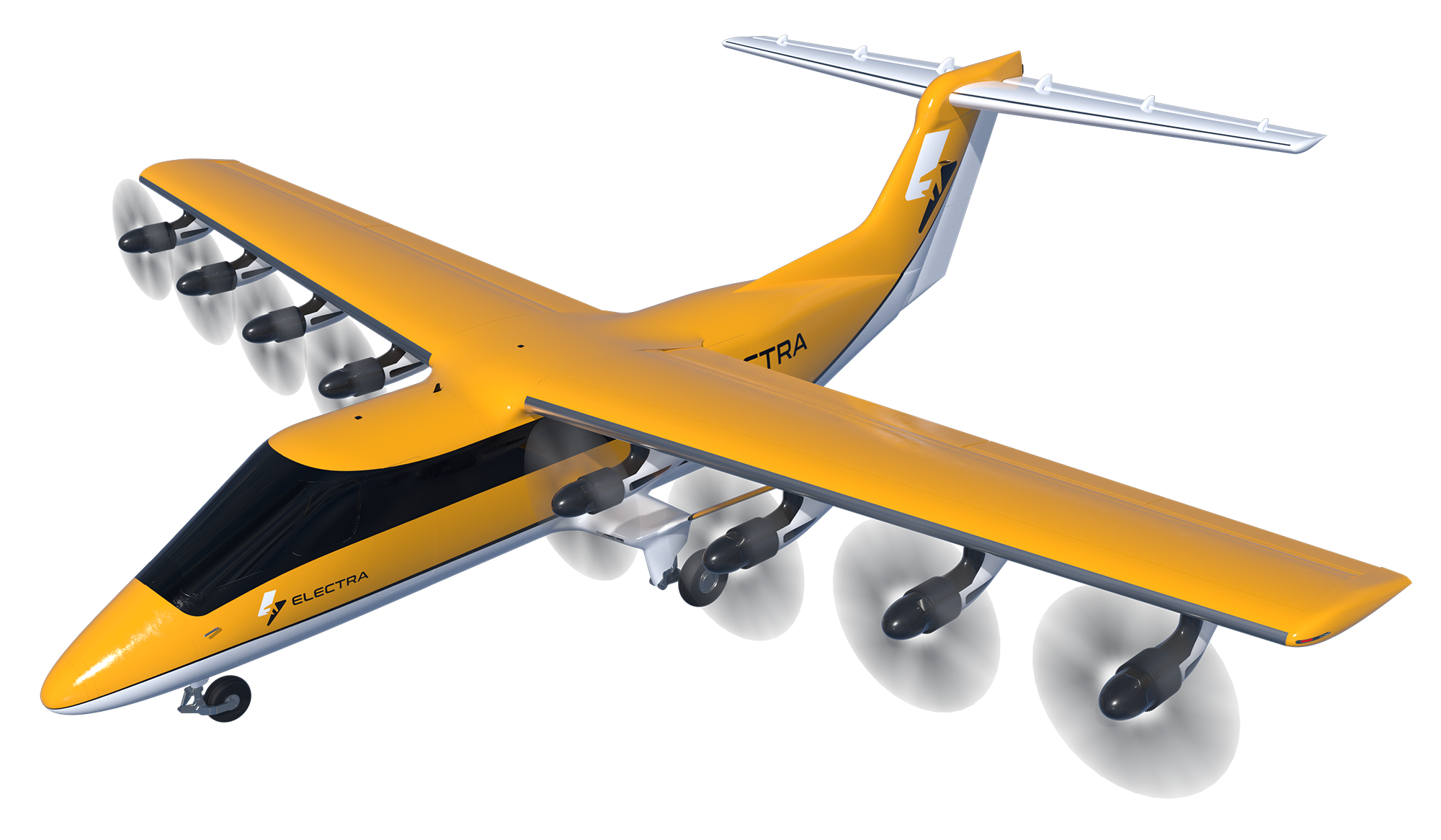Virtual reproduction of the ship taking off from the moon. Allrights Sihuan News.
As reported by the Sihuan newspaper, China’s Chang’e-6 probe launched from the lunar surface last Tuesday morning, marking an unprecedented milestone by collecting samples from the far side of the Moon for the first time in human history. The ascent module entered a pre-established orbit around the Moon, according to the China National Space Administration (CNSA).
The Chang’e-6 probe, like its predecessor Chang’e-5, consists of an orbiter, a lander module, an ascent module, and a return module. It was launched on May 3, and its lander and ascent module combination touched down in the designated area within the South Pole–Aitken Basin on June 2.
The spacecraft completed its intelligent and swift sampling work and then stored the samples in a container inside the ascent module as planned, CNSA stated. During the collection and packaging of the samples, researchers conducted a simulated operation in a laboratory on Earth, based on detection data sent by the Queqiao-2 relay satellite, providing crucial support for decision-making and operations at every step.
“The mission has withstood the test of high temperatures on the far side of the Moon,” the agency emphasized.
The mission employed two sampling methods: drilling to collect subsurface samples and using a robotic arm to gather surface material. The samples were automatically collected from various locations.
Multiple payloads installed on the lander module—including a landing camera, a panoramic camera, a lunar soil structure detector, and a lunar mineral spectrum analyzer—functioned optimally and carried out scientific exploration as planned, CNSA highlighted.
The lunar soil structure detector analyzed and determined the underground structure of the lunar soil in the sampling area, providing reference data for drilling operations.
After completing the sampling, a Chinese national flag carried by the lander module was deployed for the first time on the far side of the Moon.






